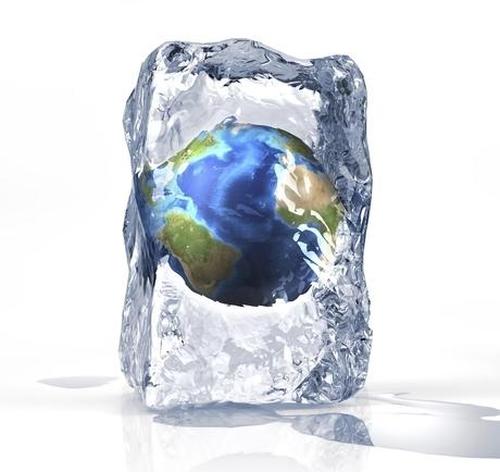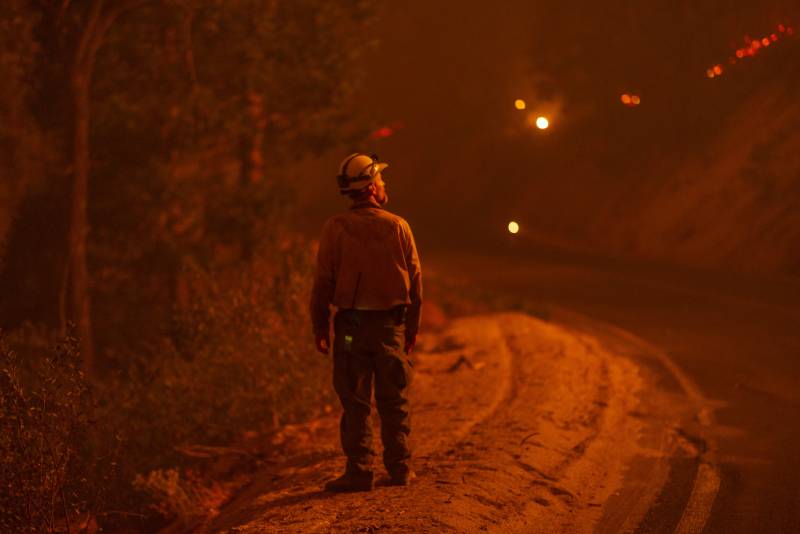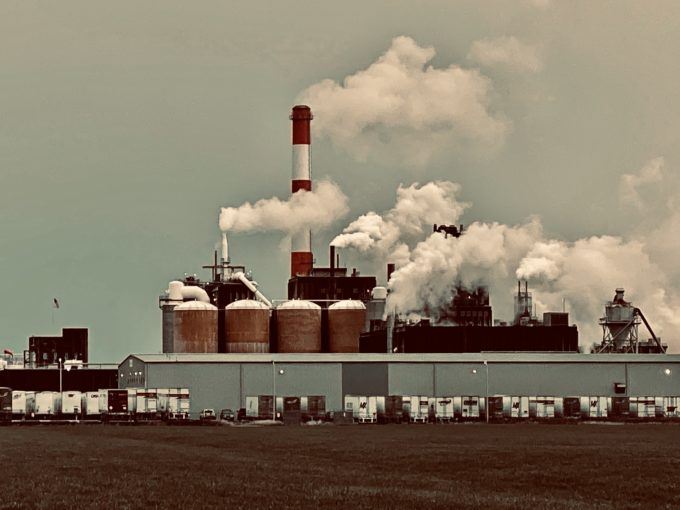Parts of the world economy may have been on pause during 2020, dampening greenhouse gas emissions for a while. But that didn’t slow the overall buildup of atmospheric carbon dioxide, which reached its highest level in millions of years.
If anything, research during the year showed global warming is accelerating. Symptoms of the fever include off-the-charts heat waves on land and in the oceans, and a hyperactive and destructive Atlantic hurricane season.
And through November, the last year was on pace to end up as either the hottest, or second-hottest on record for the planet, almost 1 degree Celsius above pre-industrial times, inching closer to the 1.5 degree limit set by the Paris climate agreement.
Here are five aspects of climate change that were new and unexpected in 2020:
Making it Stop
Some scientists are punctuating their alarming warnings with hopeful messages because they know that the worst possible outcome is avoidable.
Recent research shows that stopping greenhouse gas emissions will break the vicious cycle of warming temperatures, melting ice, wildfires and rising sea levels faster than expected just a few years ago.
There is less warming in the pipeline than we thought, said Imperial College (London) climate scientist Joeri Rogelj, a lead author of the next major climate assessment from the Intergovernmental Panel on Climate Change.
“It is our best understanding that, if we bring down CO2 to net zero, the warming will level off. The climate will stabilize within a decade or two,” he said. “There will be very little to no additional warming. Our best estimate is zero.”
…click on the above link to read the rest of the article…
















